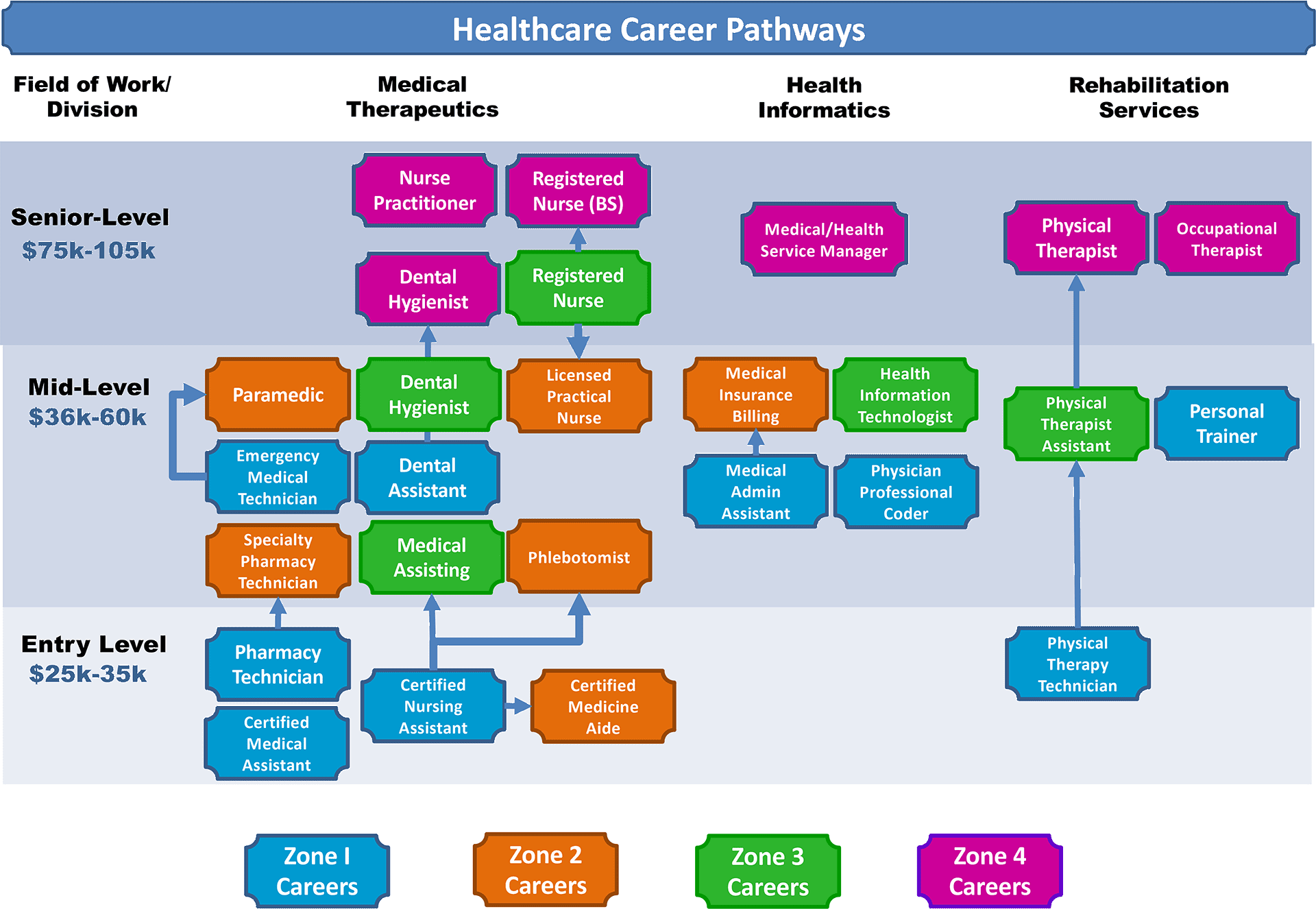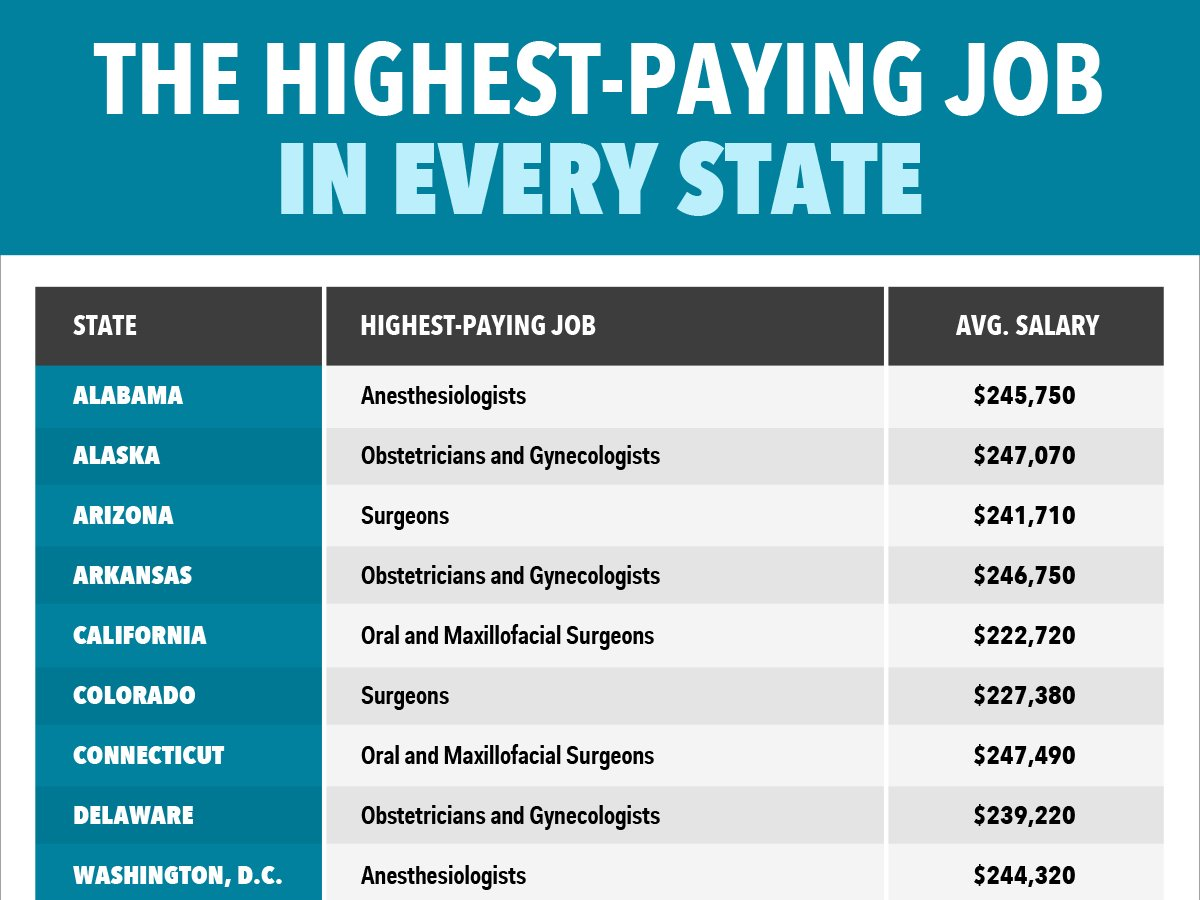When it comes to the world of healthcare, most people think of doctors and nurses as the primary caregivers. However, there is a whole subset of professionals who play a crucial role in providing quality care to patients. These professionals are known as allied health professionals, and they work in a variety of settings to support the medical team in delivering comprehensive care.
What are Allied Health Professions?
Allied health professions encompass a diverse group of healthcare professionals who are not doctors or nurses. These professionals work in fields such as physical therapy, occupational therapy, diagnostic imaging, respiratory therapy, nutrition, and speech therapy, among others. They play a critical role in diagnosing, treating, and rehabilitating patients to help them achieve optimal health outcomes.
Why Choose a Career in Allied Health?
There are several reasons why pursuing a career in allied health professions can be a rewarding and fulfilling choice. For starters, these professions offer a high level of job security and stability, as they are always in demand in the healthcare industry. Additionally, allied health professionals have the opportunity to work in a variety of settings, such as hospitals, clinics, rehabilitation centers, and schools, allowing them to explore different career paths and specialties.
Furthermore, allied health professionals have the chance to make a significant impact on the lives of patients by providing essential care and support. Whether they are helping someone recover from a serious injury or teaching a child how to communicate more effectively, allied health professionals play a vital role in improving the overall health and well-being of individuals in need.
Types of Allied Health Professions
There are numerous allied health professions to choose from, each with its own set of responsibilities and requirements. Some popular allied health professions include:
Physical Therapy: Physical therapists help patients recover from injuries or surgeries by developing personalized treatment plans that focus on improving mobility and reducing pain.
Occupational Therapy: Occupational therapists assist patients in regaining independence in daily activities such as eating, dressing, and cooking after an illness or injury.
Diagnostic Imaging: Diagnostic imaging professionals, such as radiologic technologists and sonographers, use advanced technology to create images of the body to aid in diagnosing and treating medical conditions.
Respiratory Therapy: Respiratory therapists specialize in treating patients with breathing disorders, such as asthma, emphysema, and cystic fibrosis, by providing breathing treatments and therapy.
Nutrition: Nutritionists and dietitians work with patients to develop healthy eating plans that promote overall well-being and manage chronic conditions such as diabetes and obesity.
Speech Therapy: Speech-language pathologists help patients improve their speech and language skills, as well as swallowing disorders, to enhance communication and quality of life.
Educational Requirements and Job Outlook
Most allied health professions require a bachelor’s degree or higher in a related field, as well as licensure or certification to practice. Depending on the profession, professionals may also need to complete a clinical internship or residency program to gain practical experience in their chosen field.
The job outlook for allied health professions is promising, with the Bureau of Labor Statistics projecting a 12% increase in employment opportunities for healthcare support occupations from 2020 to 2030. This growth is driven by an aging population and the increasing need for healthcare services, making allied health professions a solid career choice for those interested in making a difference in the lives of others.
Conclusion
Exploring careers in allied health professions can open up a world of opportunities for individuals passionate about healthcare and helping others. With a wide range of specialties to choose from and a growing demand for allied health professionals, pursuing a career in this field can lead to a rewarding and fulfilling career path. Whether you are interested in working with patients directly or behind the scenes to support the medical team, allied health professions offer a promising future for those looking to make a positive impact on the healthcare industry.




